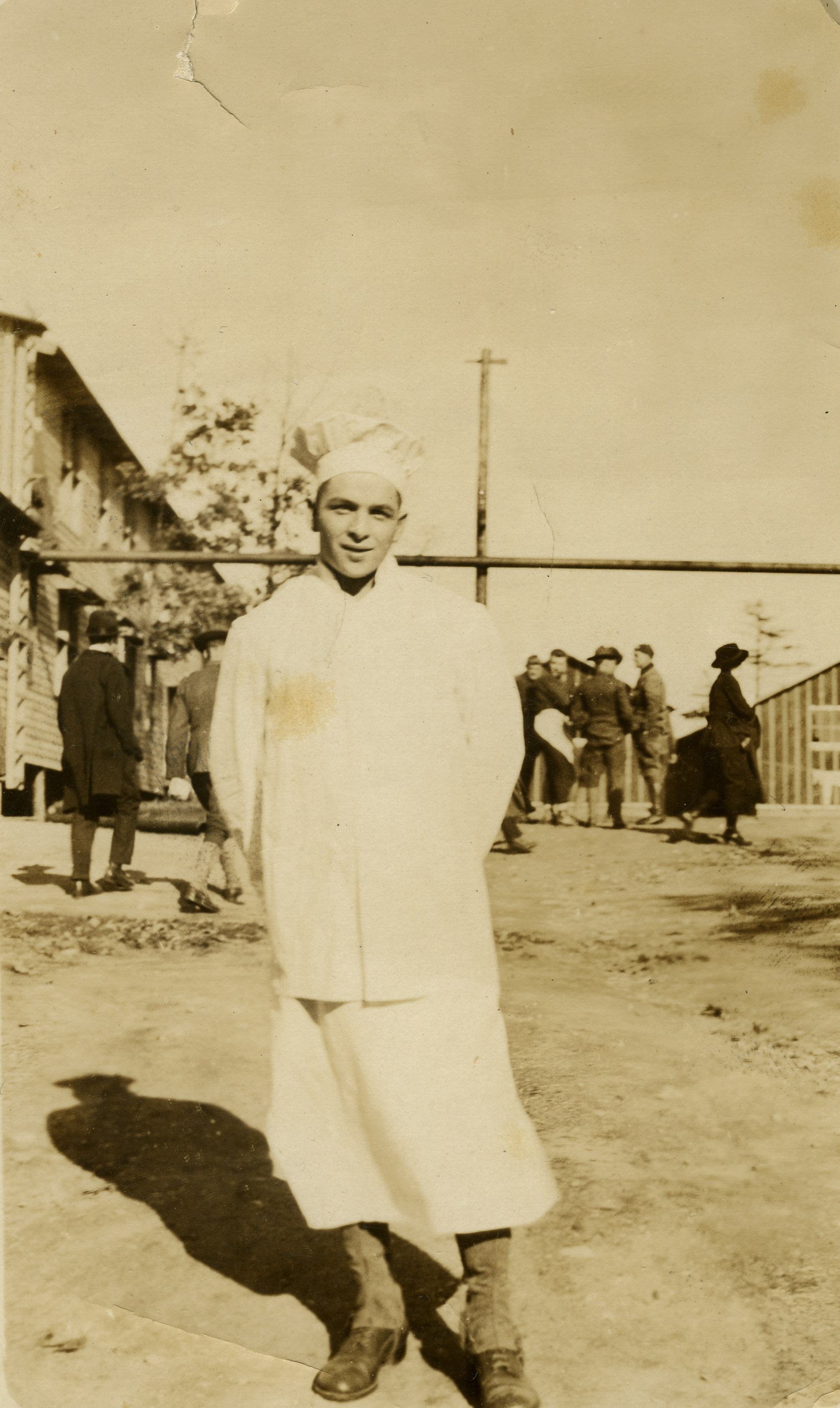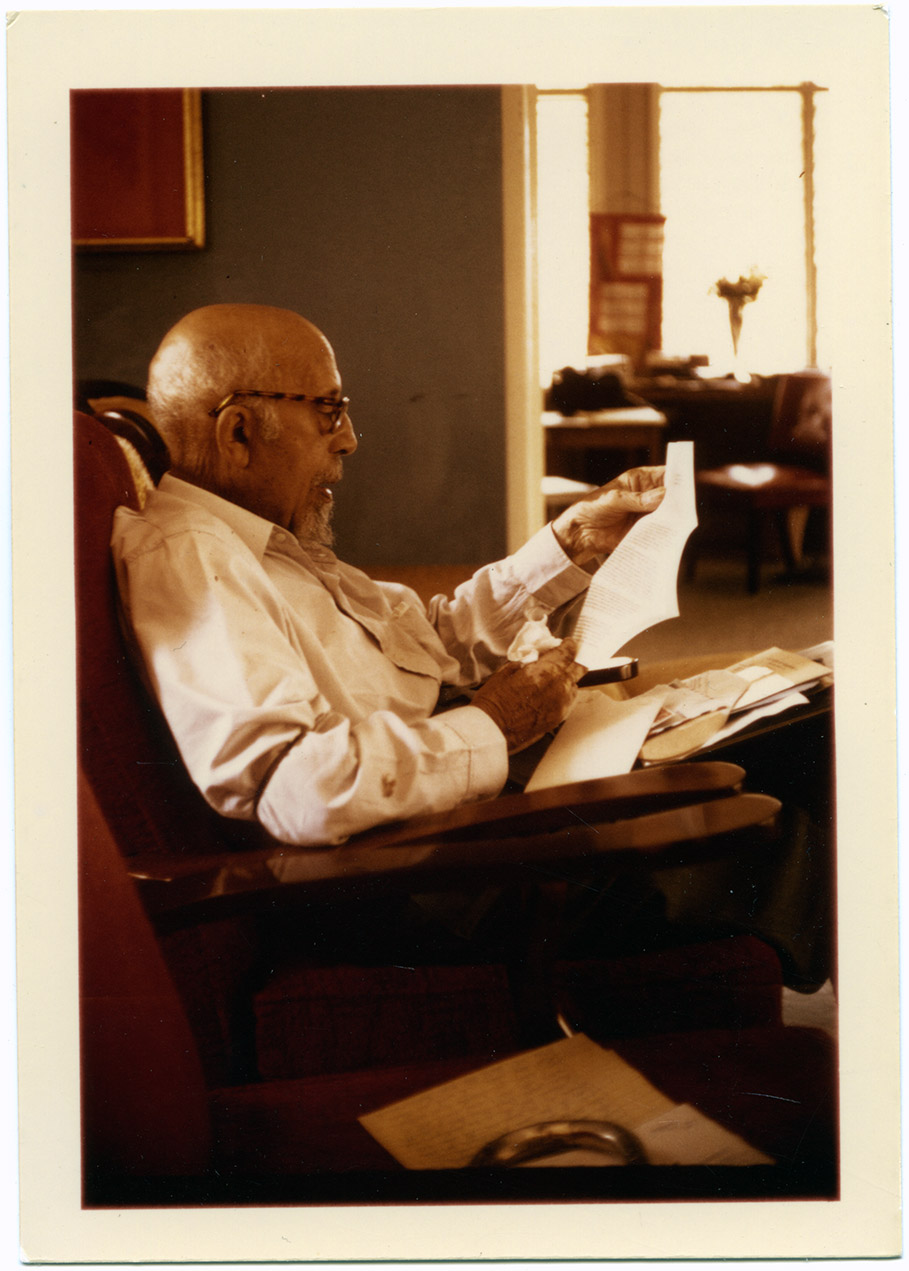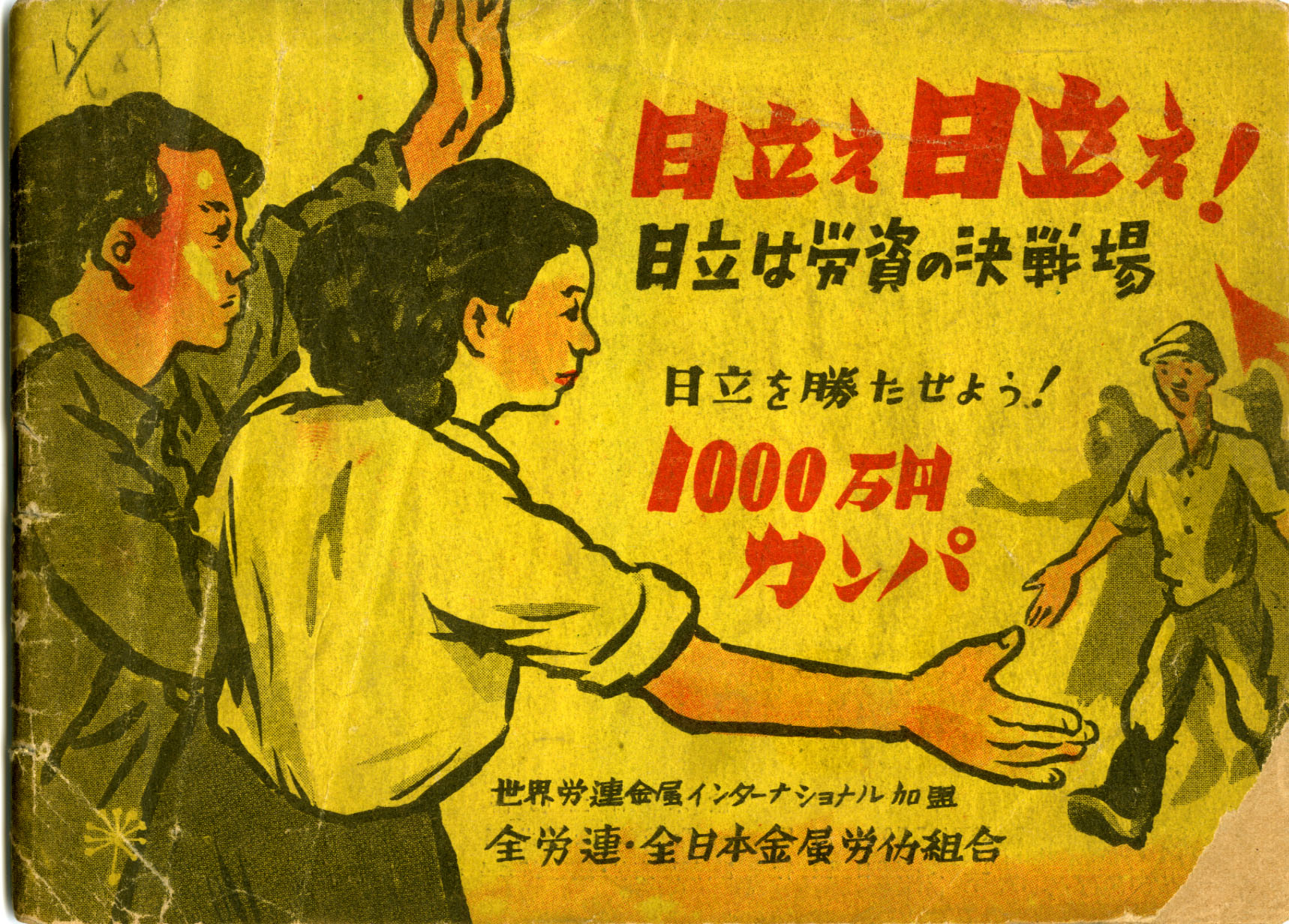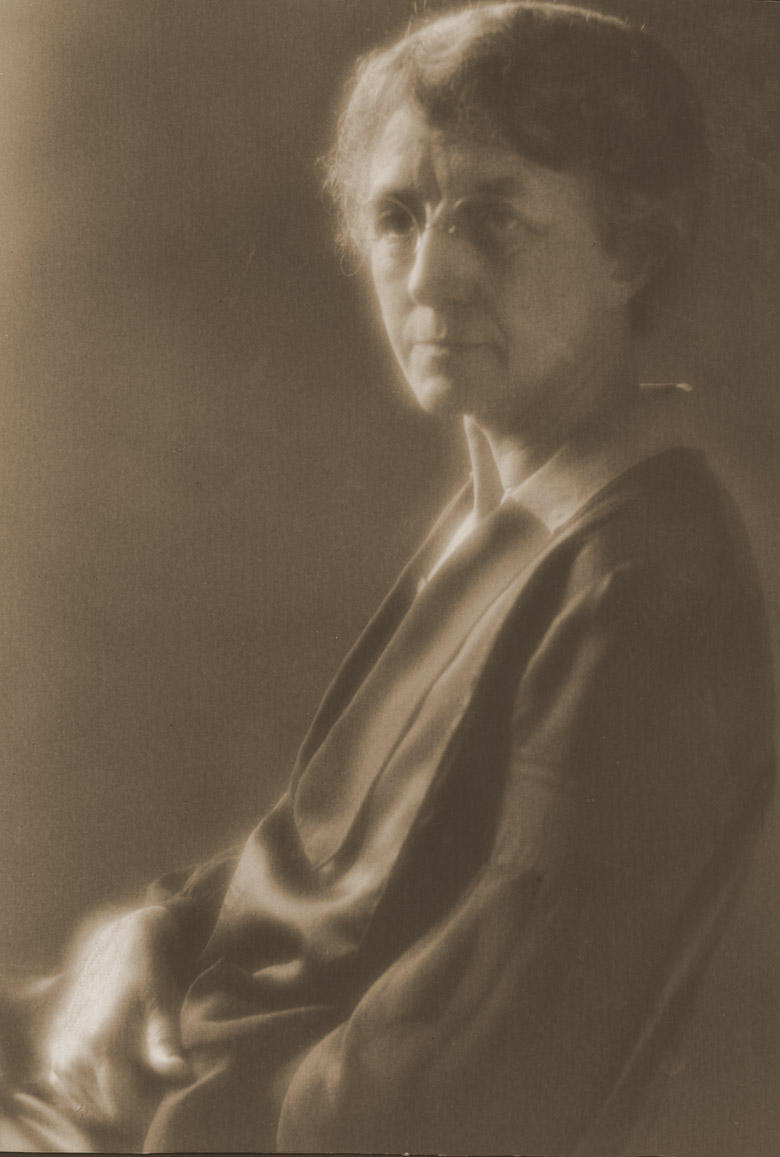Charles E. Jackson Papers

A member of the American Expeditionary Force during the First World War, Charles Edward Jackson was the son of Irish immigrants and a native of Northampton, Massachusetts. Drafted into the 76th (Liberty Bell) Division and assigned to the 301st Ammunition Train of the 151st Field Artillery Brigade, he served in France for a full year beginning in June 1918, seeing front line duty only in the last few days of the war. After the Armistice, he was reassigned to a classification camp in central France where he helped process American soldiers heading home. After making his back in June 1919, he worked as a clerk in a hardware store in Northampton until his death in 1930.
Written entirely while in the military service, Charles Jackson’s letters describe his exploits during the First World War. An optimist, strong Catholic, and good soldier, Jackson describes his year overseas, from mustering at Camp Devens through life in an ammunition train and the long post-war months spent on duty in a classification camp in central France. Although nearly devoid of actual battle content due to the role his unit played and the reach of censorship, Jackson’s letters are descriptive and entertaining, describing day to day life, the late offensives of the war, the influenza epidemic and Armistice, and his growing sense of impatience while awaiting demobilization.




